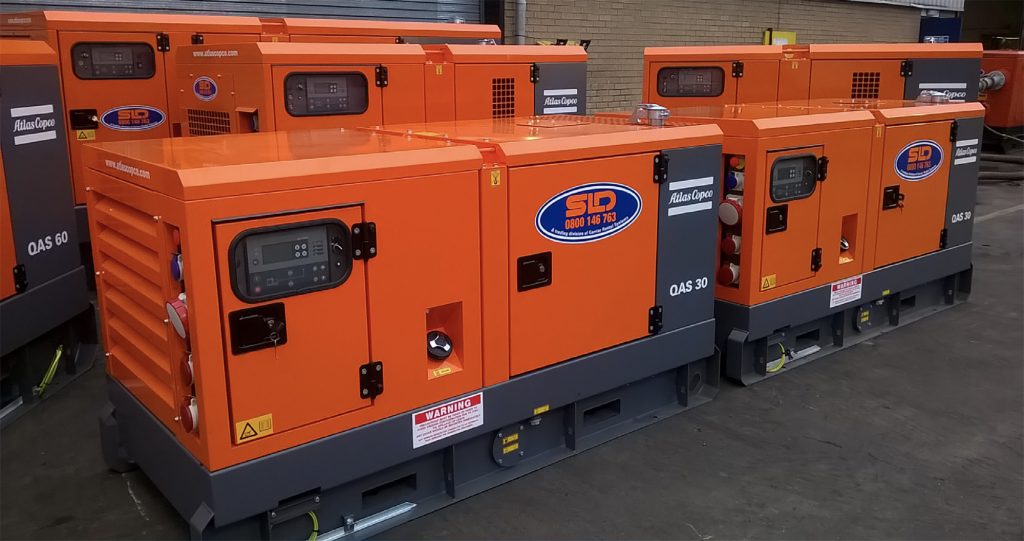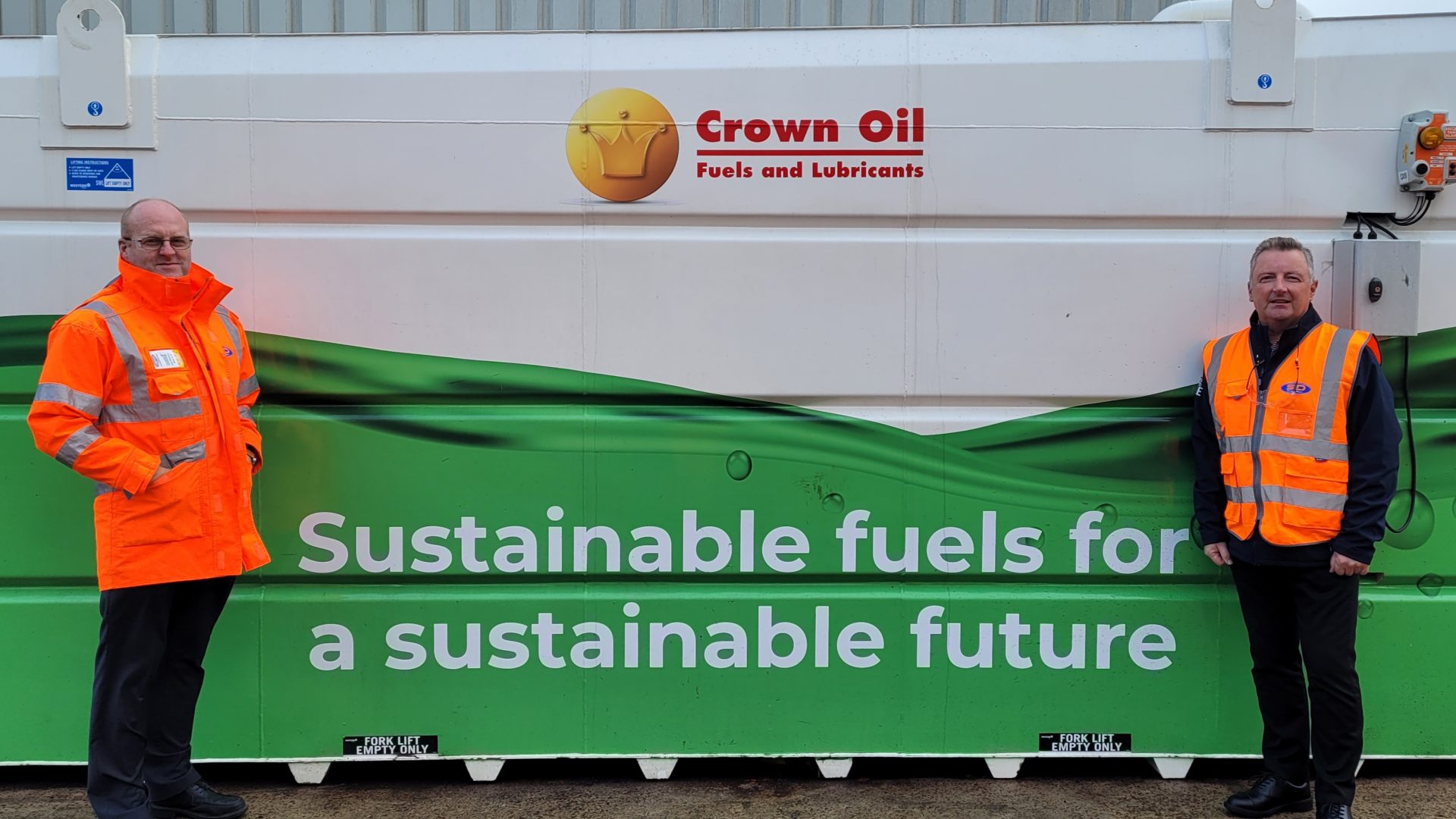SLD Pumps & Power (SLD), one of the UK’s leading suppliers of industrial pumps and generator rental equipment, has switched exclusively to biodiesel fuel to power its nationwide equipment fleet.
The change will displace consumption of about 1 million litres of highly polluting mineral diesel each year. SLD is a trading division of Carrier Rental Systems UK Ltd, part of Carrier Global Corporation (NYSE: CARR), the leading global provider of healthy, safe, sustainable and intelligent building and cold chain solutions.
A pilot initiative with the new cleaner-burning fuel was introduced earlier this year at the company’s Glasgow branch to coincide with the global COP26 climate change conference organised in the city by the United Nations.
“We chose Glasgow to trial the new biofuel to align with the international gathering and attention on cleaner, lower carbon technologies,” said Frank Sprott, SLD General Manager. “The biodiesel performed excellently, dramatically cutting carbon emissions and even improving the performance of equipment. As a result, we made the decision to extend the switch nationwide and make the move away from fossil diesel permanent.”

The new fuel – Hydrotreated Vegetable Oil (HVO) – is made from 100% renewable raw materials such as vegetable and animal oils, and reduces net CO2 emissions by up to 90% compared with traditional mineral diesel. HVO fuel is checked and certified by the UK Department for Transport (DFT) to ensure it meets the requirements for performance and emissions. The HVO fuel is used to power all SLD’s diesel-based equipment, including high performance pumps and mobile generators.
As well as significantly reducing carbon emissions, the cleaner-burning properties of HVO fuel reduce emissions of particulates, nitrogen oxides (NOx) and carbon monoxide (CO), improving air quality, prolonging the lifetime of emission control systems (where fitted), and helping improve engine cleanliness and performance.
HVO also has a longer shelf life than conventional diesel, which can only be stored for around one year due to chemical degradation. HVO fuel contains fewer unstable compounds and no sulphur, enabling it to be stored for up to 10 years without loss of performance or the risk of engine damage.
“Switching to the new fuel requires no modifications to equipment or storage and handling systems, so all of the benefits accrue without the need to invest in new infrastructure. It is a genuine drop-in replacement and delivers an immediate and dramatic improvement in environmental performance,”
“Due to its cleaner, more stable composition, we are also seeing a reduction of around 60% in fuel-related equipment breakdowns. This translates into reduced maintenance costs for us, and improved reliability for the customer. We also anticipate that it could help extend the working life of equipment, so it offers very attractive all-round benefits.”
“The switch to HVO fuel has been well received by customers, and we are delighted by the response. Many companies today have strong environmental policies, and HVO enables our customers in turn to meet the strict environmental requirements of their own customers. It is a win-win for all, both environmentally and commercially,” noted Frank Sprott.
The transport sector produces around 27% of the UK’s carbon emissions, therefore decarbonising transport is a key part of the challenge in meeting the national target of net zero carbon emissions by 2050.
In addition to the direct savings in carbon from using HVO fuel, all deliveries of the biodiesel to SLD branches are carbon offset by SLD’s supplier, Crown Oil, adding further to the savings.



